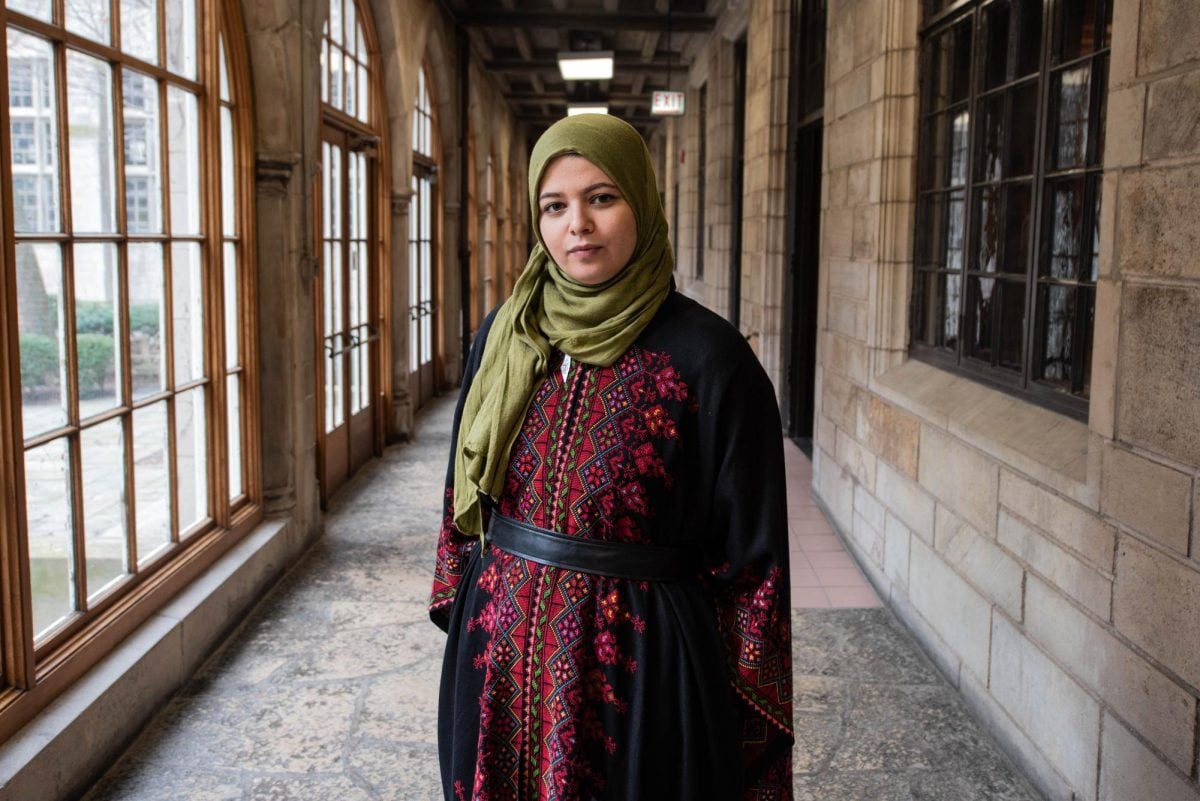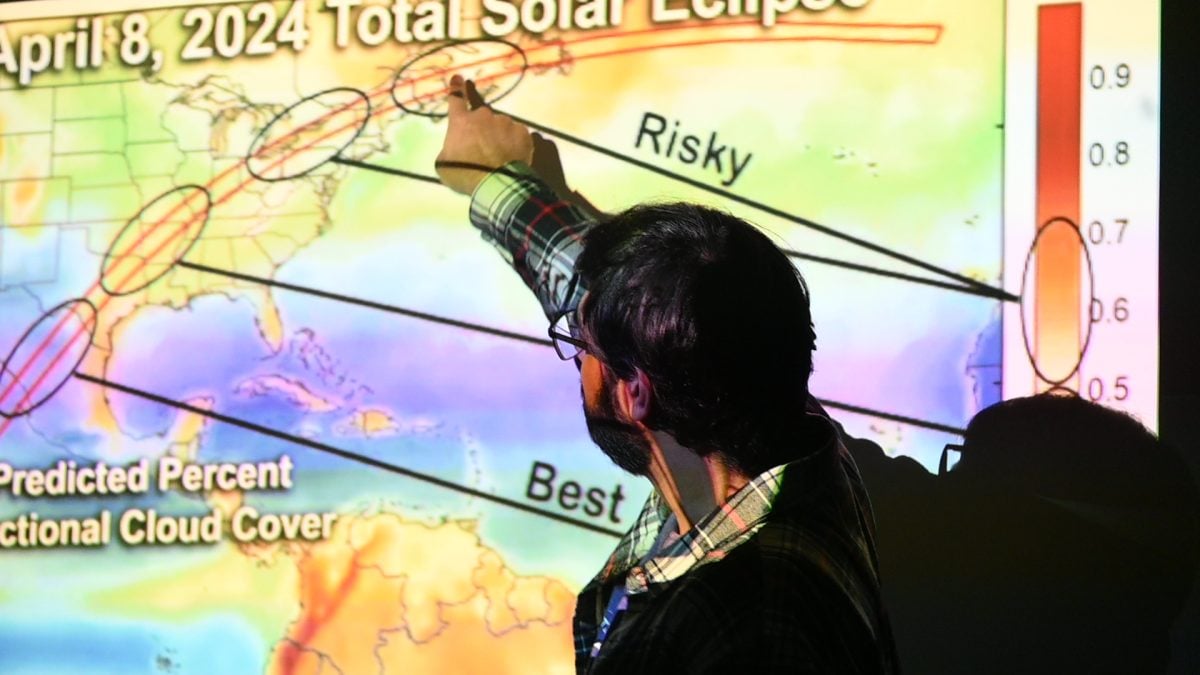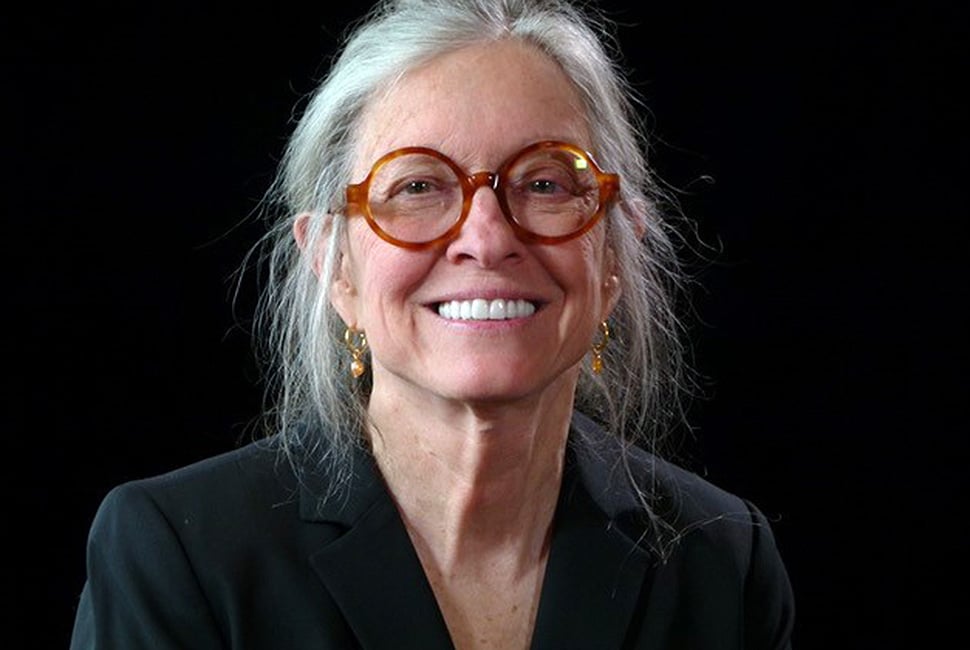Warning: This article contains mentions of war, violence and death.
Palestinian Northwestern law student Yasmeen Elagha said six of her family members in Gaza were taken from their shelter in al-Mawasi, a small town outside Khan Yunis, by the Israeli army in a Thursday morning raid.
She said she received a call Wednesday night from her aunt in Gaza informing her that Israeli soldiers had allegedly entered the family’s shelter by force, tied up the women and children, confiscated almost all of their electronic devices, slashed the tires of their car, and taken six men — including her cousins 20-year-old Hashem and 18-year-old Borak, both American citizens.
The two brothers are among fewer than 50 U.S. citizens known to be trying to flee Gaza, more than four months after Israel launched its ground and air offensive in the strip which has killed more than 28,000 Palestinians, according to Palestinian officials. The offensive began after the militant group Hamas’ Oct. 7 attack on Israel killed about 1,200 Israelis, according to Israeli officials.
The office of the Israeli Consulate in Chicago told The Daily in a statement that a fact-check by the Ministry of Foreign Affairs revealed Borak and Hashem Alagha were arrested for collaboration with Hamas.
“The Alagha brothers… their father, and their mentally disabled uncle have nothing to do with Hamas,” The Alagha family told The Daily in a statement. “The Alaghas are victims of Israel’s indiscriminate mistreatment of civilians, mistreatment that preceded Oct. 7 but has since escalated dramatically.”
She has been working for months to secure the safety of her relatives in the region, she said. After hundreds of calls and emails to the U.S. State Department, U.S. embassies in the region and human rights groups, Elagha said her family members are still trapped in Gaza.
She added that her family members have attempted to flee five times and been denied exit by the Israeli government each time. Her family members have been in hiding for fear of their safety since her cousins were taken, she said.
In December, Elagha filed a lawsuit against the State Department for failing to provide the same protection to Americans trapped in Gaza that it has to Americans in Israel — an issue of equal protection, she said.
Elagha said she hasn’t heard anything from the Israeli government or the White House since her two American cousins went missing. She has been in contact with the offices of Illinois’ U.S. Sens. Tammy Duckworth and Dick Durbin.
“The Senator’s office is in touch with Ms. Elagha and directly escalated the necessary information to senior officials at the U.S. State Department so they can ensure the appropriate authorities in Egypt, Israel and Gaza are aware of this case and can assist Borak and Hashem — as we have done for other constituents with relatives seeking to leave Gaza,” Duckworth’s office told The Daily in a statement.
Sens. Duckworth and Durbin joined 14 other Senators in signing a Feb. 14 letter that calls on the Biden administration to expand assistance to relatives of U.S. citizens stranded in Gaza and expedite Gaza residents’ applications for humanitarian parole in the United States.
Now, Elagha said she is filing a new lawsuit against the State Department after her cousins were taken from their shelter by Israeli soldiers. The government is now beholden to a “higher legal duty,” she said.
The Daily spoke with Elagha on Jan. 16 and on Feb. 9, after her family members went missing. The following responses, taken from both interviews, have been edited for brevity and clarity.
The Daily: What are you thinking right now? How are you going through your days?
Elagha: The minutes feel like hours. It’s been absolute agony. And every time I feel a stab in my heart — which is just on a loop constantly, it doesn’t stop — I think about my aunt and what she must be feeling. And I imagine the feeling that I have amplified exponentially.
The Daily: I want to ask you a little bit about your memories of Gaza before the conflict began on Oct. 7.
Elagha: It is the place that I feel safest. Before I went to Gaza (in December 2022), a lot of my friends were like, ‘Oh my god, are you sure? You’re literally going into a warzone.’ And I was like, ‘I’ve been there before, I know what it’s like. It doesn’t fit the stereotype.’ … When I go out (in Gaza), I feel like I’m an actual person. I feel like I’m seen for who I am as an individual, instead of, ‘Oh there’s that Arab girl, there’s that girl who’s wearing a hijab, there’s that girl who’s Muslim.’ Instead, I’m not like a walking stereotype in Gaza. I’m seen as the full person that I am and people recognize that. People dignify that.
The Daily: You mentioned combing through pictures of violence that come up on TV or on social media feeds. Does it affect you emotionally?
Elagha: I have witnessed videos and pictures of the dead bodies of my family members, people I’m related to, people I met when I last went to Gaza. I have watched my own flesh and blood cry and sob over our relatives. I saw a video of one of my cousins — he’s so young, he’s only a few years old — crying into his mother’s arms, because his two older siblings who are six and 14 were killed by an Israeli airstrike. … And those are things I will never forget. Those are things that allow me to understand that I have an even bigger responsibility to continue to advocate, because I need to tell people that this is happening to my family. This shouldn’t happen to any family. No one should ever have to witness their siblings’ decayed bodies being buried.
The Daily: In your day-to-day, what kind of dissonance does it create to be moving through a world that remains relatively unaffected by something that’s so deeply connected to your life?
Elagha: Honestly, it doesn’t feel like I am functioning in the same universe as anyone else. Last semester, when this was happening, I was honestly a mess in every single one of my classes. I wasn’t able to actively participate. … There were so many dynamics happening, activity all around me, and I would just be sitting in the middle of it. And it would just feel all silent, and I would just be so consumed by the moment that sometimes I didn’t even realize that I would be literally sobbing during class. I would just touch my face and I’d be like, ‘Oh, I’m crying in front of my professor.’
The Daily: Where are you seeking comfort and community during this time?
Elagha: Oddly enough, the people who have been providing me the most comfort are my family members in Gaza. They have such a strength and steadfastness that I envy and know that I could never have. … They’ve been the ones to constantly remind me to find strength in my faith, and they are the ones who are a voice of reason in a world that truly makes no sense at all. And sometimes I get embarrassed that they provide me comfort, because it’s so warped and twisted. But I also take it as a testament to how strong they are, how resilient they are. And it just makes them all the more admirable in my eyes.
The Daily: How do you have the mental capacity right now to continue pursuing your case? You said you were on the phone with lawyers just a minute ago. Do you feel like you’re in a fog?
Elagha: I can’t be. Unfortunately, the Palestinians don’t have the space to be in a fog. We don’t have the privilege of being dazed … we have to keep going. Because our lives and our families’ lives literally depend on it. Being productive, and doing the work, and doing interviews and advocating for my family has actually been making me feel that I’m getting one step closer to getting them back.
This story has been updated to reflect comments from the Israeli Consulate and new information from Sen. Duckworth’s office.
Email: [email protected]
X: @SQPowers04
Related Stories:
— Liam Bird sues Evanston, Biss for retaliation
— Evanston residents discuss Gaza ceasefire resolution at City Council
— UCLA Prof. Nour Joudah talks Palestinian generational survival















